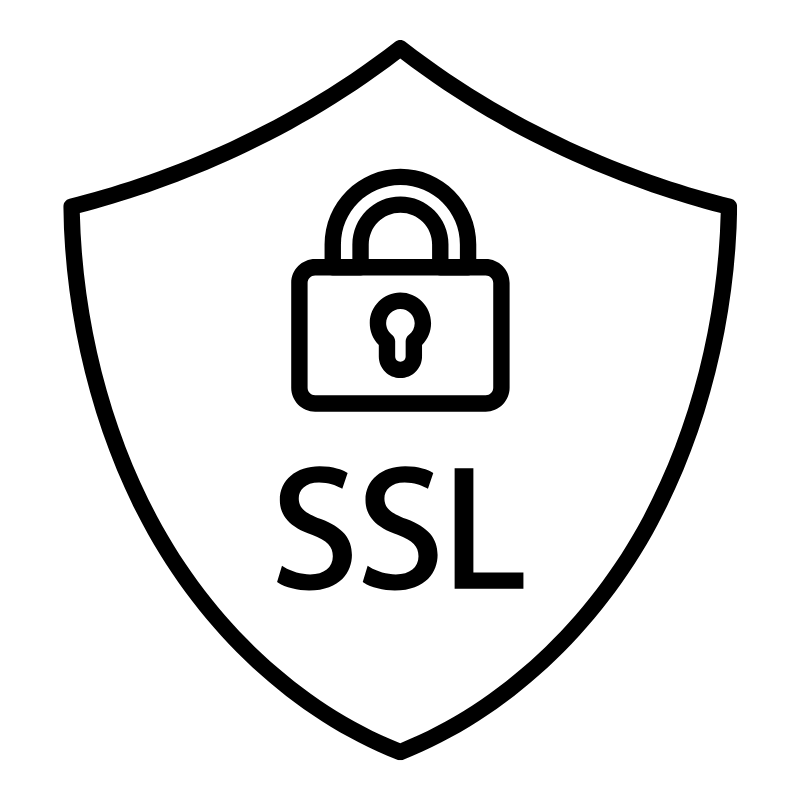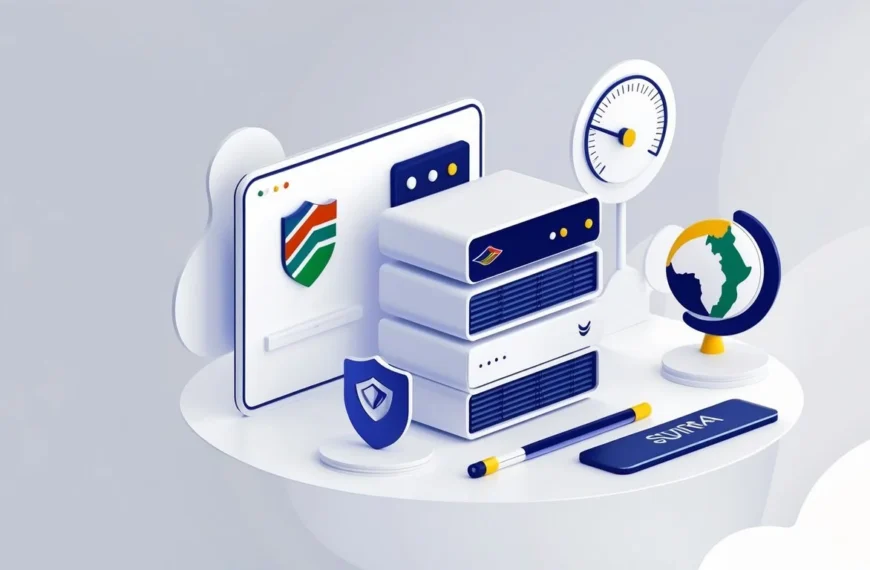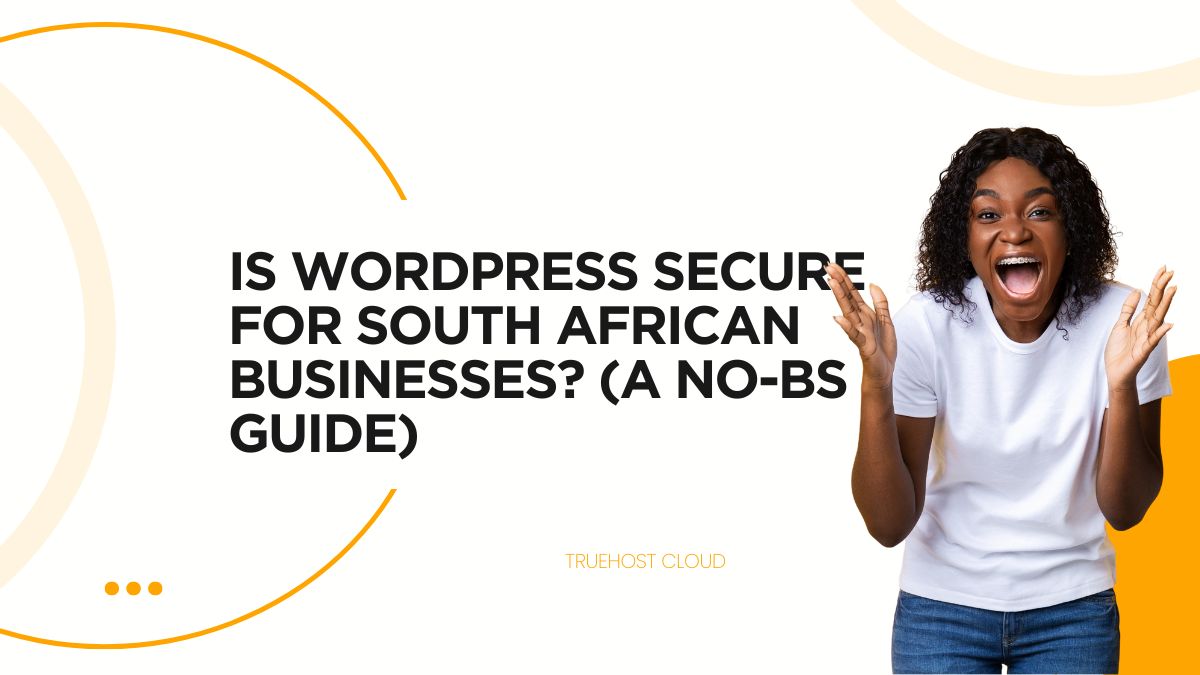Introduction
South Africa faces the ever-growing challenge of cybersecurity threats. According to Interpol’s Cyberthreat Assessment Report, South Africa is leading in Africa on the number of cyber threats detected. With cybercriminals becoming more sophisticated, safeguarding sensitive information and ensuring online safety has become paramount.
Let’s explore practical strategies to mitigate cyber threat risks in South Africa, with a particular focus on SSL certificates as a crucial line of defense for businesses and individuals alike. This article focuses on making South Africa safe and reducing cyber threats with SSL Certificates.
1. Understanding Cyber Threats in South Africa
1.1 The Growing Cybersecurity Challenge
South Africa is facing an escalating cybersecurity challenge. The increasing connectivity and reliance on technology have given rise to sophisticated cyber threats. These threats include data breaches, ransomware attacks, phishing attempts, and more. Businesses and individuals alike are vulnerable to these ever-evolving dangers, making robust cybersecurity measures a top priority.
1.2 Consequences of Cyberattacks
The consequences of cyberattacks can be severe, affecting both financial stability and reputation. For businesses, a successful cyberattack can lead to financial losses, legal liabilities, and damage to brand reputation. Individuals may suffer from identity theft, privacy violations, and financial fraud. Additionally, regulatory bodies are imposing stricter data protection laws, making cybersecurity compliance crucial for organizations.
2. Embracing SSL Certificates for Enhanced Security
2.1 The Role of SSL Certificates in Data Encryption
SSL certificates play a pivotal role in enhancing online security by encrypting data transmissions. When information travels between a user’s device and a website’s server, SSL encryption ensures that it remains encrypted and secure from potential eavesdropping by cybercriminals. This crucial step protects sensitive data, such as login credentials, credit card information, and personal details.
2.2 Trust and Credibility: SSL Certificates for Websites
SSL certificates boost trust and credibility for websites, assuring visitors that their data is secure. The padlock symbol and “https://” prefix in the website URL are visual indicators of SSL encryption. These elements provide users with confidence when sharing personal information, making online purchases, or engaging in any data exchange. By displaying these trust indicators, businesses can foster a safer and more trustworthy online environment.
3. Installing SSL Certificates: Best Practices
3.1 Assessing SSL Certificate Needs
Choosing the right SSL certificate is essential to meet specific website requirements. Factors to consider include the level of encryption needed, the number of subdomains to protect, and the type of website (e.g., e-commerce, informational, etc.). By assessing these needs, businesses can identify the most suitable SSL certificate for their website.
3.2 Choosing Reliable SSL Certificate Providers
Selecting a reputable SSL certificate provider is critical for ensuring security and reliability. Trusted providers offer strong encryption, robust technical support, and straightforward certificate issuance processes. Businesses should research and evaluate providers to ensure they partner with a reputable and established company.
3.3 Seamless SSL Integration
Installing SSL certificates need not be complex. With proper guidance and support, businesses can seamlessly integrate SSL certificates into their websites, applications, emails and systems. Many SSL providers offer easy-to-follow installation instructions or even automated installation processes. By following these steps, organizations can quickly secure their websites and protect their users’ data.
4. Holistic Cybersecurity Approach
4.1 Cybersecurity Awareness Training
Educating employees about cybersecurity threats is crucial in establishing the first line of defense. Cybersecurity awareness training equips staff to recognize and respond to phishing attempts, social engineering, and other common cyber threats. Regular training sessions foster a security-conscious culture within the organization.
4.2 Multi-Factor Authentication
Implementing multi-factor authentication (MFA) adds an extra layer of security to protect user accounts from unauthorized access. MFA requires users to provide additional verification, such as a one-time code sent to their mobile device, in addition to their login credentials. This precaution reduces the risk of unauthorized access even if passwords are compromised.
4.3 Regular Security Audits and Updates
Conducting periodic security audits and staying up-to-date with software and system updates are vital to identifying vulnerabilities. Regular audits help discover potential weaknesses before they are exploited by cybercriminals. Software updates, including SSL certificates, address security patches and ensure that websites stay protected against known vulnerabilities.
Conclusion
As South Africa faces the challenges of a rapidly evolving cyber landscape, a proactive approach to cybersecurity is essential. By integrating SSL certificates and adopting comprehensive security measures, businesses and individuals can mitigate cyber risks and safeguard sensitive data.
One major approach of making South Africa safe is by reducing cyber threats with SSL Certificates. Together, we can build a safer digital ecosystem and ensure a secure and thriving future for South Africa’s online community.
 Web Hosting
Web Hosting Windows HostingBuilt for Windows apps and websites – stability, speed and flexibility
Windows HostingBuilt for Windows apps and websites – stability, speed and flexibility Reseller HostingLaunch a hosting business without technical skills or expensive infrastructure
Reseller HostingLaunch a hosting business without technical skills or expensive infrastructure Affiliate ProgramRefer customers and earn commissions from sales across our platform
Affiliate ProgramRefer customers and earn commissions from sales across our platform Domain SearchFind and secure a domain name in seconds with our quick lookup tool
Domain SearchFind and secure a domain name in seconds with our quick lookup tool CO ZA Domains
CO ZA Domains All DomainsExplore domain names from over 324 TLDs globally – all in one place
All DomainsExplore domain names from over 324 TLDs globally – all in one place Whois
Whois VPS
VPS SSLs
SSLs







